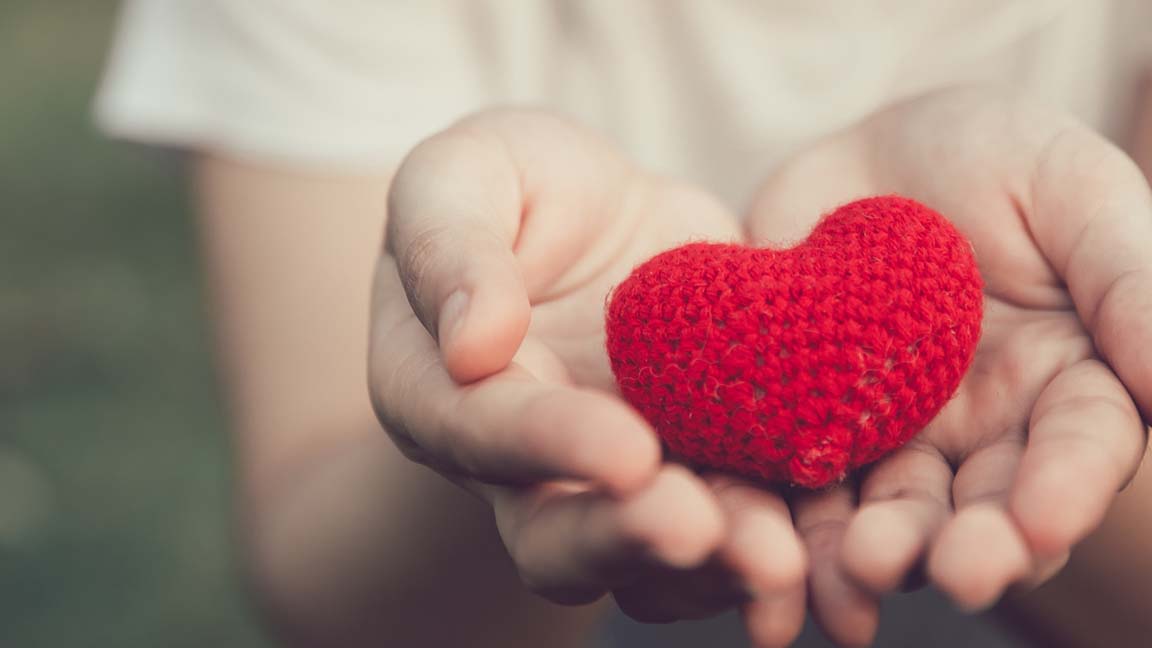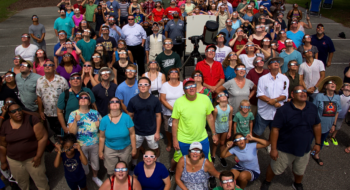You spend your last 10 dollars to surprise the stranger behind you in the drive-thru, paying for her salad and soda. It’s the last money left in your wallet, but you can’t stop smiling.
Ted Turner, addressing reporters who want to know why he donated $1 billion to the United Nations in 1997, says there’s no greater joy than giving to a worthy cause. He says he did it, essentially, because it made him feel good.
That good feeling is called “helper’s high,” and it describes a rush of endorphins that can accompany a benevolent act. Some scientific studies back up the notion that — whether it’s donating $10 or $1 billion — good deeds can help you feel better and even live longer. Spending time instead of money can also give you a boost.
A 2012 study by researchers at Carnegie Mellon University showed that adults over age 50 who volunteered on a regular basis were less likely than non-volunteering counterparts to develop high blood pressure. Other studies have shown similar results, though some variables make it difficult to definitively attribute the difference to altruism.
A reward for the donor
Jessica Sasser, executive director of Tidelands Health Foundation, says she believes giving rewards the donor.
The foundation, which works with Tidelands Health to provide new technologies, facilities and improved access to health care services, last year received its largest-ever donation from private individuals.
The $1 million gift from Joe and Denise Harris came after they were both diagnosed with cancer and received treatment through Tidelands Health Cancer Care Network, our region’s most comprehensive provider of cancer care.
When the couple attended an event meant to recognize their contribution, Sasser says they didn’t even want to speak, and when it came to say something, they thanked the health system and community.
“They thanked us,” Sasser says. “At times, it’s easy to get so caught up with social media and negativity, but if you just look around at your community, you can see a lot of good. Giving makes people feel good.”
Giving back
Sometimes, those who you might think would be most in need are those who get the most out of giving, Sasser says.
Each year, the foundation hosts the “In the Pink” breast cancer awareness walk, which attracts more than 1,000 people to Murrells Inlet. Breast cancer survivors are often among the hardest working volunteers, Sasser says.
Enjoying this story? It’s free to republish. Learn more.
“These women have survived this and they want to give back to others,” she says. “Most of them walk in the event and it’s very cheerful.”
Sasser says she’s felt the thrill of giving through her own charitable work, including volunteering for sports booster clubs. She feels the stress of her day escape and she’s excited to be a part of an organization’s growth, she says.
“I may only be working the concession stand, but I really love it because I like to be around those teens because they have fresh ideas and see things out of the box.”
Ways to give back
Those who are looking for some opportunities to give back and benefit from “helper’s high” need look no further than Tidelands Health. The health system offers a range of volunteer opportunities for everything from working in the gift shop to assisting the teams in administrative and clinical departments.
Meanwhile, the foundation accepts donations year-round for its work. Over the years, the foundation has leveraged the generosity of its donors to help fund a variety of initiatives and projects, including:
• Transportation that helps ensure patients get to the care they need
• Construction of a new surgery pavilion at Tidelands Waccamaw Community Hospital
• Major renovations at Tidelands Georgetown Memorial Hospital
• Access to breast cancer screening for indigent women
Most recently, the foundation began fundraising efforts for the new McRoy and Jo Skipper Initiative for Learning and Teaching, a comprehensive platform through which the health system is investing in the education and development of current and future health care professionals to serve the region.
The new initiative was created in memory of former Tidelands Health board chairman H. McRoy Skipper Jr., CPA, and his wife Jo, who passed away Aug. 29 after a car accident in North Carolina.
Learn more about the initiative, including how to support it, by clicking here.





